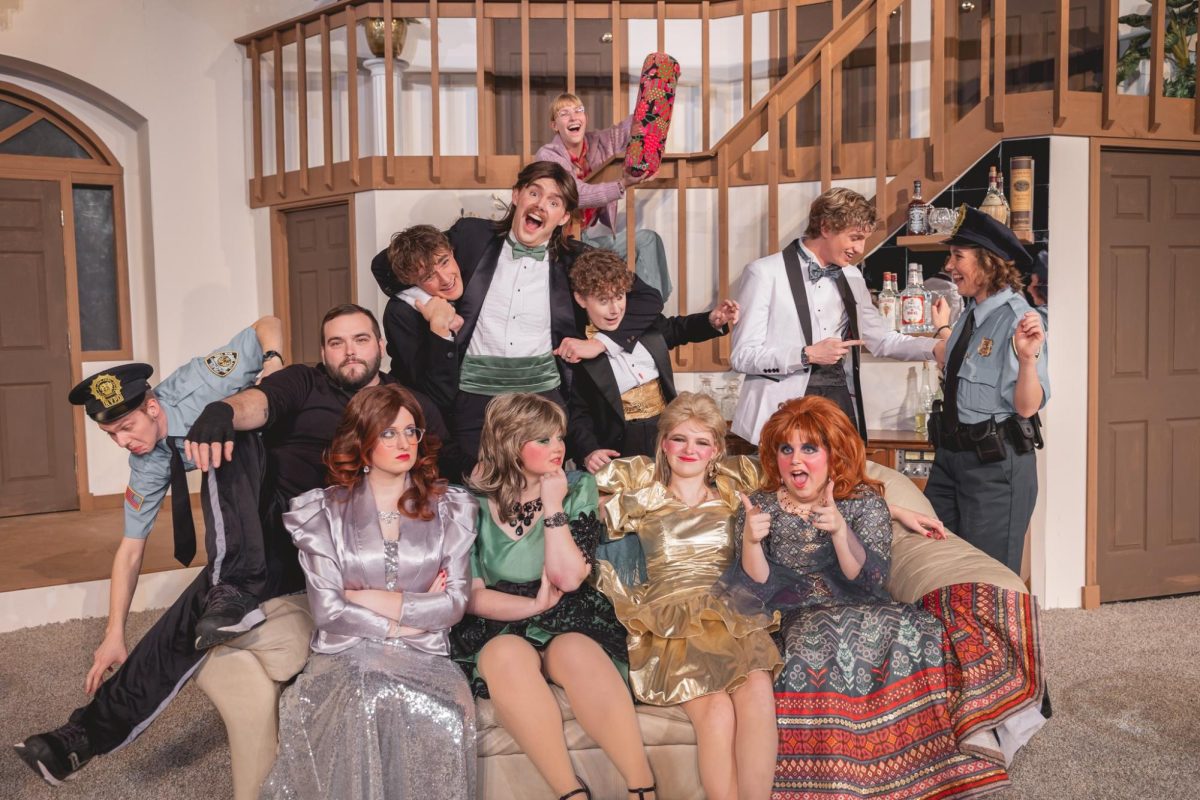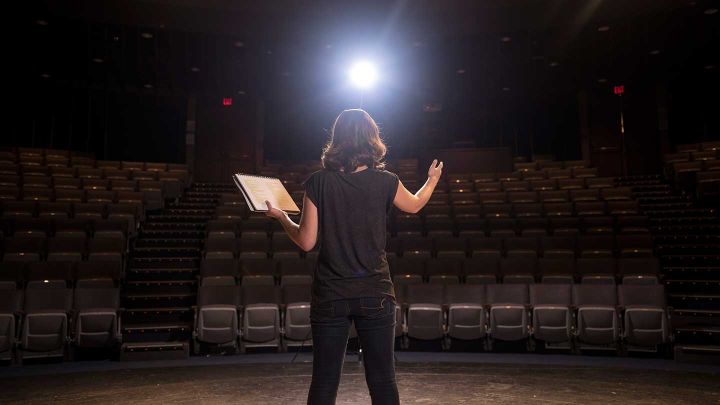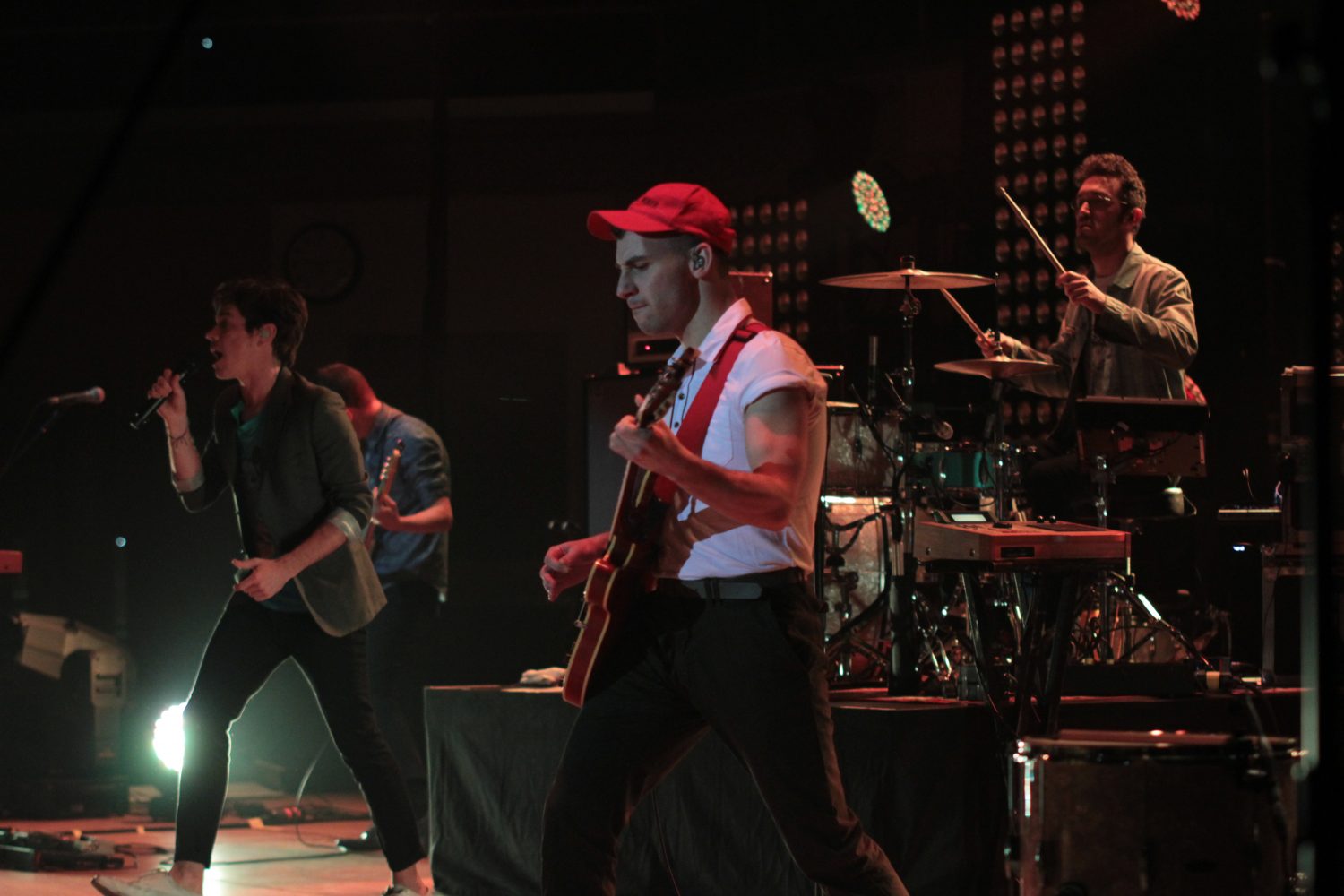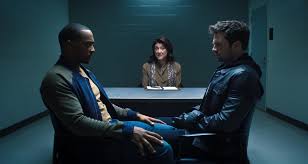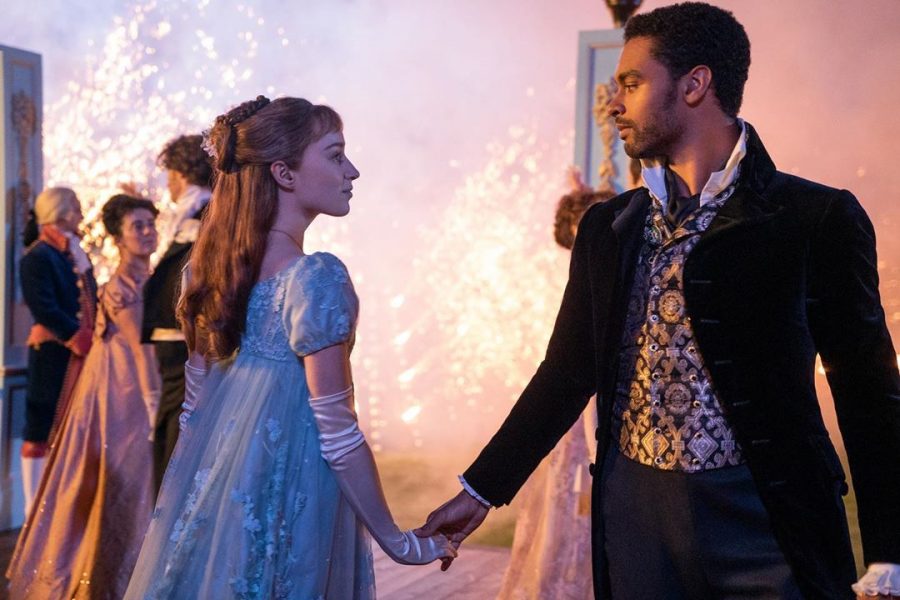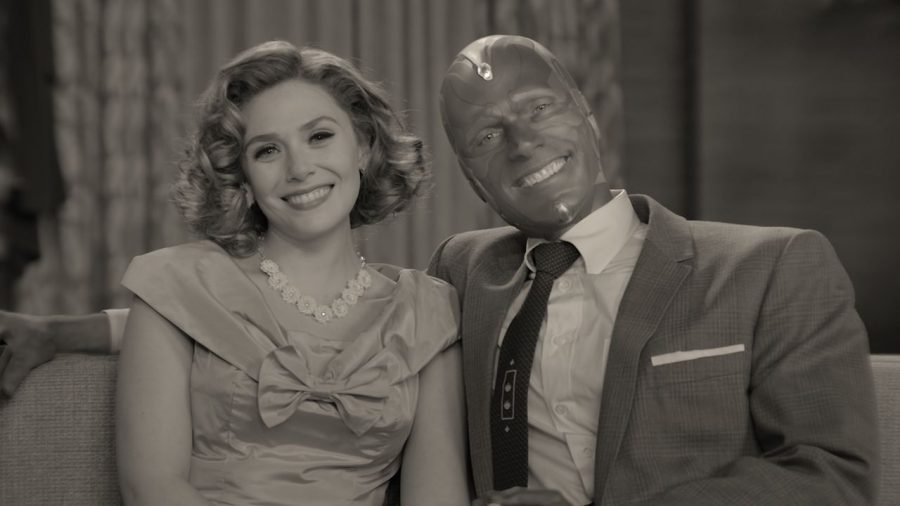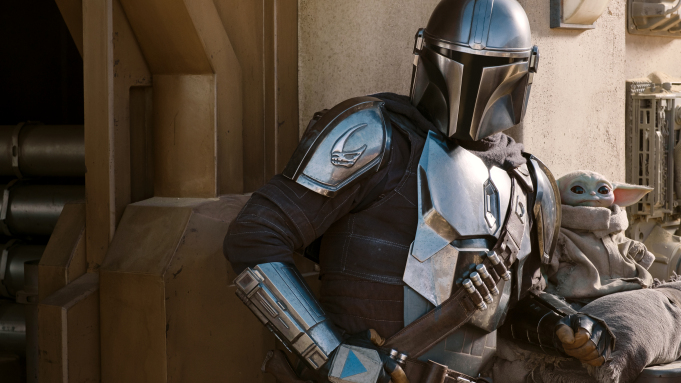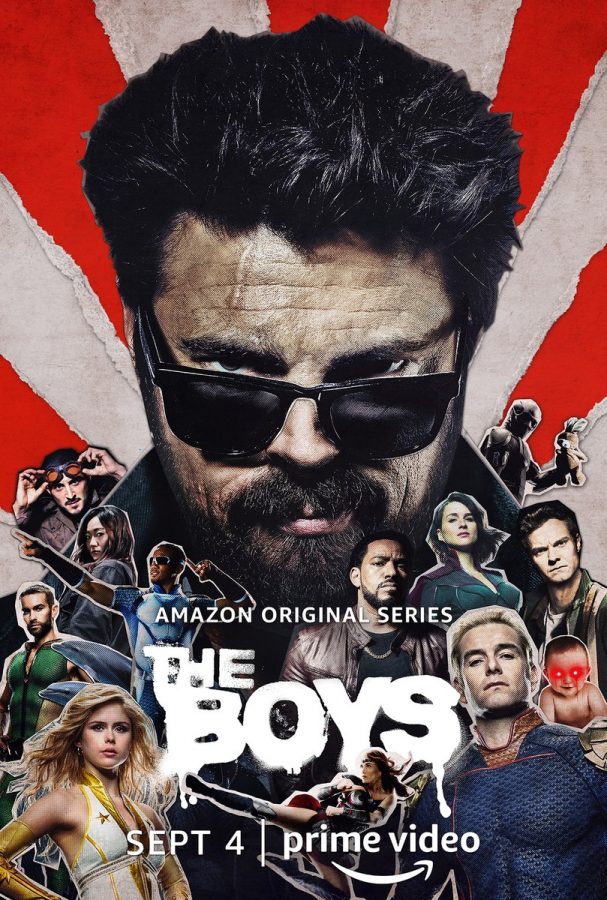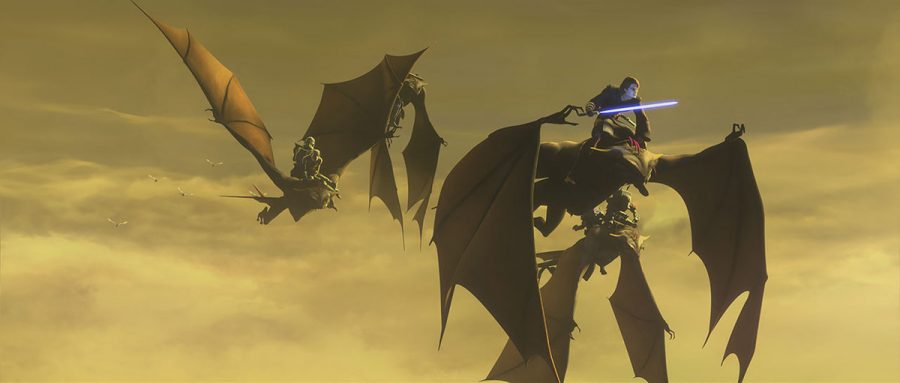There’s an unwritten code many television fanatics practice that’s commonly referred to as ‘the three episode rule.’ When starting a new TV series, the viewer must commit to watching the first three episodes, regardless of the quality or their overall opinion of them. After reaching this point, they can then determine whether the show is worth continuing or if they should give up because it has failed to spark interest. HBO’s new show “Westworld” debuted their third episode this past Sunday, and most viewers won’t find their decision on whether to continue watching or not all that hard to make, as “Westworld” is a promising start into what has become one of the more interesting television series currently airing.
Adapting the 1973 film of the same name for cable television, a platform that allows it to touch on more mature and drawn out themes, “Westworld” is created by Lisa Joy and Jonathan Nolan, brother and one of the writers for director Christopher Nolan, and is produced by J.J. Abrams (“Star Wars: The Force Awakens”).
In Westworld, the guests enter a futuristic world intended to recreate an old-fashioned past. Envisioned by Dr. Robert Ford (Anthony Hopkins), Westworld is a twisted theme park of sorts where guests can play ‘cowboy’ in a 1800s Old ‘Wild’ West setting, straight out of something such as “The Good, the Bad, and the Ugly.” Featuring miles of western landscape and hundreds of humanly realistic androids that inhabit the land, the guests can drink in the saloon, fend the town off from a hoard of angry cannibals, or go on a maniacal shooting spree and destroy every moving thing in sight, all without consequence.
The people who come to Westworld pay thousands of dollars to do so. Some of them spend their entire life savings just to spend a week there. It’s a complete virtual paradise where their morality goes completely unchecked and unrestrained, giving guests the opportunity to be the hero they always knew they could be, or the villain they always knew they truly were.
Yet it’s not all fun and games for everyone in the park. While the guests are here for their own fantastical pleasure, the androids that inhabit the park all perceive this world to be real. Incapable of harming human beings and programmed to re-live the same day over and over again without question, the androids are completely oblivious to their true purpose or robotic nature. They must, instead, comply to all of the guests’ demands — meaning they can horrifically be shot, stabbed and slept with at will.
Underneath Westworld lies a hidden high-tech labyrinth in which the androids are designed and produced. Whenever an android is killed in Westworld, they are brought to this prison-like facility to have their memories erased and programs re-installed. Here they are also examined, tested and, if necessary, decommissioned at Dr. Ford’s will.
It’s in this location we find one of the main conflicts of the show, where man and machine meet at a crossroads, in the interactions between Dolores (Evan Rachel Wood), an android, and Bernard (Jeffrey Wright), a human. Bernard is one of the programmers for Westworld, but, unbeknownst to anyone else, he has slowly been feeding a conscience into Dolores as the two have been conversing in secret. Their conversations, all written with captivating dialogue, fuel much of the show’s emotional drive.
As the androids repeatedly die, have their memories wiped and come back the next day, what’s supposed to be a routine and easy process suddenly turns complicated and dangerous when the androids begin to show signs of memories. Holding on to fragments of dreams, hopes and anger, the androids have begun to show the first signs of human emotions, and we can assume it won’t be long before the they begin to revolt against human mistreatment towards them.
Also roaming the plains is the notorious outlaw (and possible android in disguise. But that’s just a theory…) known as the Man in Black (Ed Harris). While his exact motivations are still unknown, we know he’s looking for some secret that’s locked far down in the depths of Westworld and he’s willing to bury as many bodies as it takes to find it.
“Westworld” explores themes of what man is capable of doing when he’s fully unleashed and the price that he’ll have to eventually pay in doing so. The show moves at a quick and steady pace, taking enough time to set up the characters and conflicts, and also giving plenty of pay off, while not dragging on with unneeded subplots or exposition as many shows do.
With “Game of Thrones” nearing its end, “Westworld” looks to fill the epic fantasy void it’s sure to leave for HBO. While only three episodes into the series so far, “Westworld” has already been renewed for a second season. The pilot episode, “The Original,” drew in the highest number of ratings for an HBO show since 2014’s “True Detective.” Capitalizing on the brilliant premise at hand while combining elements of sci-fi, horror, action and, of course, westerns, the first couple of episodes of “Westworld” show great promise for what could be explored in the remainder of the show.




